It is a question that is uncomfortable to approach, saying the least.
The tragic shooting incident at the Washington D.C. Naval Base occurred Monday, Sept 16 at approximately 8:30 a.m.
The Washington Nationals played a double-header against the Atlanta Braves the following day, the first of which beginning at 1:05 p.m.
Sports can often be great healing for people in crisis and mourning, and also serve as a healthy distraction or redemption story for those involved or close to the tragedy. However, how inspiring and crucial is one regular season game in a baseball season? Could one really play the same card, or is it flat wrong to nod at the shooting and play ball?
Although Major League baseball and the Nationals organization displayed the minimum requirement of forethought and wherewithal to postpone Monday’s game, is it that much different to cram an early game into the schedule the following morning? It certainly seemed to bother the players in that game.
“There [were] a lot of guys who didn’t want to play—thought it was kind of disrespectful to play” said Chris Johnson, third baseman for the visiting Braves.
What’s more, Dan Haren, the Nats’ scheduled pitcher for Monday’s postponed game, had an awkward feeling all afternoon.
“To be close enough to hear the sirens, and then hear cheering, it seems wrong, but in the end, I really wanted to win the game.”
It’s clear that the flow and timing in which the incident and the games occurred was far too close together. Commissioner Bud Selig refusing to scratch or move games for the NFL’s inaugural game of the season is understandable—when lives are lost just a day before the game, the decision from the league requires more attention and finesse. If Selig and other baseball officials wanted to schedule a double-header to fix the issue, they could fit another double-header into the coming days.
This, however, is not the major issue with how MLB handled the tragedy. The rushed, sloppy handling of this delicate and serious event was not just a scheduling faux pas by Major League Baseball, but there was also a bit of tacky uniform patch work as well: The Nationals players and team decided to wear blue and gold Navy hats on the day of the double-header—a commendable and honorable decision which should realistically be met with nothing but agreement and confidence in baseball’s sensitivity. This action was not the problem.
The black eye on baseball and the Nationals that Tuesday afternoon was that the players were forced to remove the Navy caps when the game actually started, and could only put them back on after the endings of both games. Are Bud Selig’s minions and agenda really that hardheaded to where they must uphold the league’s “integrity” by keeping the curly “w” on the hats of the players for a few hours? Would it harm anyone on this planet if they wore blue and gold navy hats during the game?
The second debate that arises from the uniform policy is a valid question: Does it matter? Should we emphasize a terrible occurrence or situation by changing uniforms in between a game, or slapping a sticker on a helmet? Do the families of the ones lost on that day care whether the Nationals hold their moment of silence, or are they offended that there is a baseball game going on across the street? Should organizations and leagues keep walking on eggshells, going through the same supposedly honorable practices that take care of the fact that they are continuing on with sports?
There is a common consensus within the sports industry that if an organization puts a recognizable patch or sticker on their equipment for the purpose of memorialization and remembrance, that suffices the league’s (and team’s) moral responsibility for action.
This is a fair practice, and the recognition of doing so deserves an amount of credit toward organizations. But, has the practice of wearing a patch, or a hat, or a sticker ironically resulting in stale, robotic, instant damage control or recovery from emotional turmoil? Has the awkwardness or potential distaste of playing a game after a national tragedy been judged as “fixed” or “amended” by simply adding some fabric or an article of clothing?
If this is becoming the case in professional sports, someone at a high level of decision making needs to take a look at the scale of priority for entertainment and profit against the scale for good morals and mourning periods.
The bottom line would seem to read like this: Is there anything of normalcy within commemoration that we as a society need to change when it comes to sports and entertainment?
Perhaps we simply progress as a sports culture until we all agree on a right ‘feel’ for the management of a game immediately following a tragedy. By that notion, of all the people and business associates involved, who should be held accountable?
This will certainly be an underlying, ongoing question and work in progress. Political correctness and the seemingly consensus “right thing to do” often takes years to realize and spread through an entire nation. Whether the culture within sports a decade from now sets out to prove our current crisis management acts wrong, is something that will be found out the hard way.


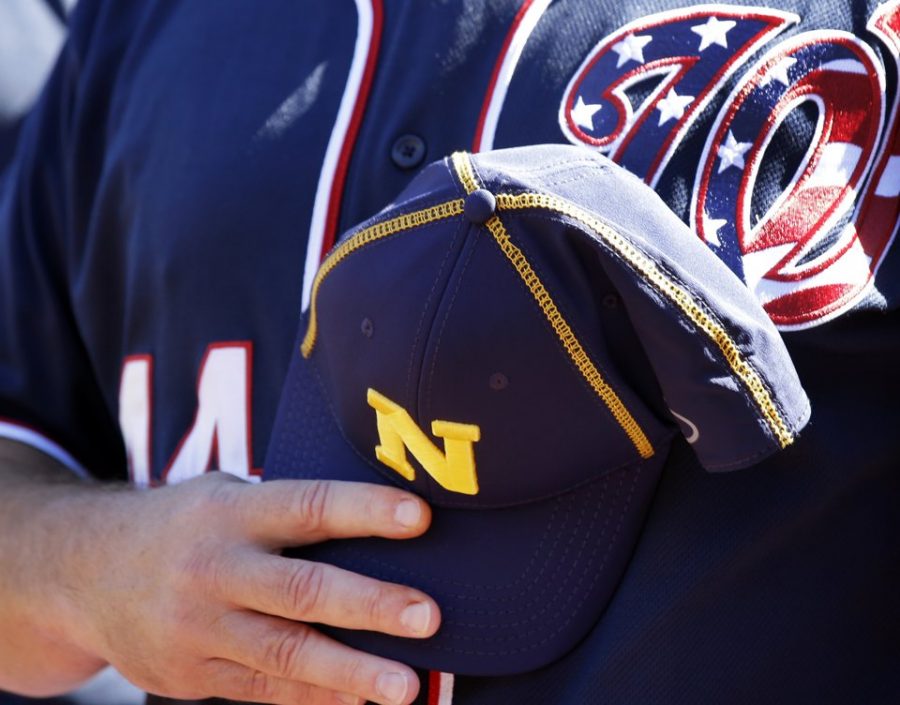

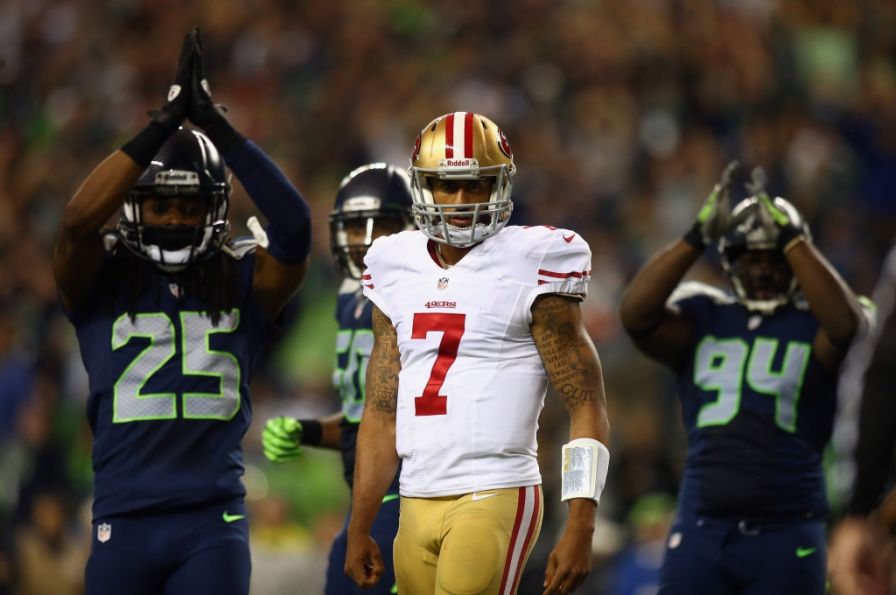
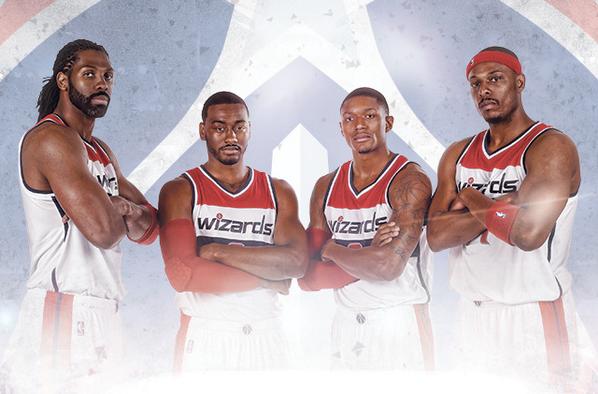

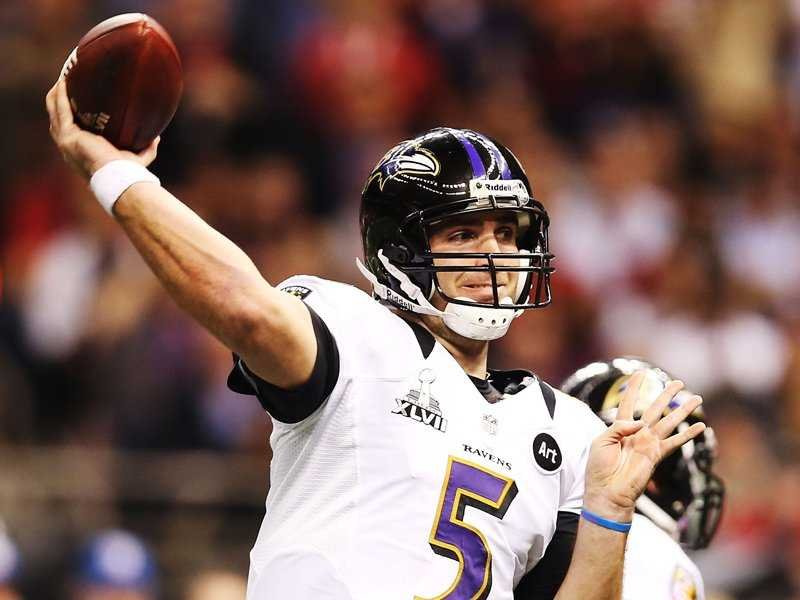
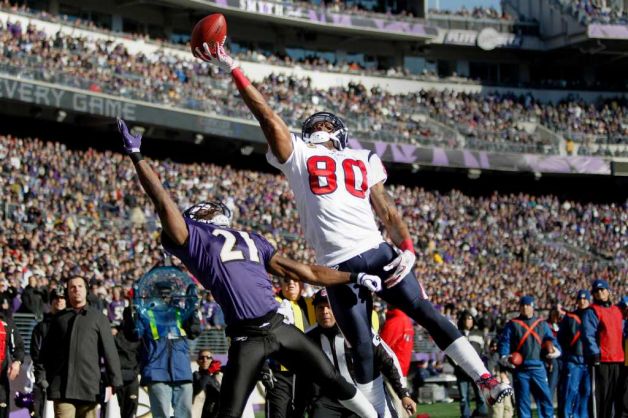
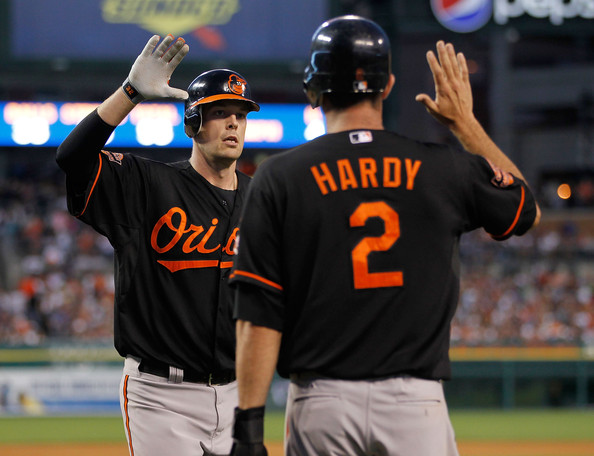
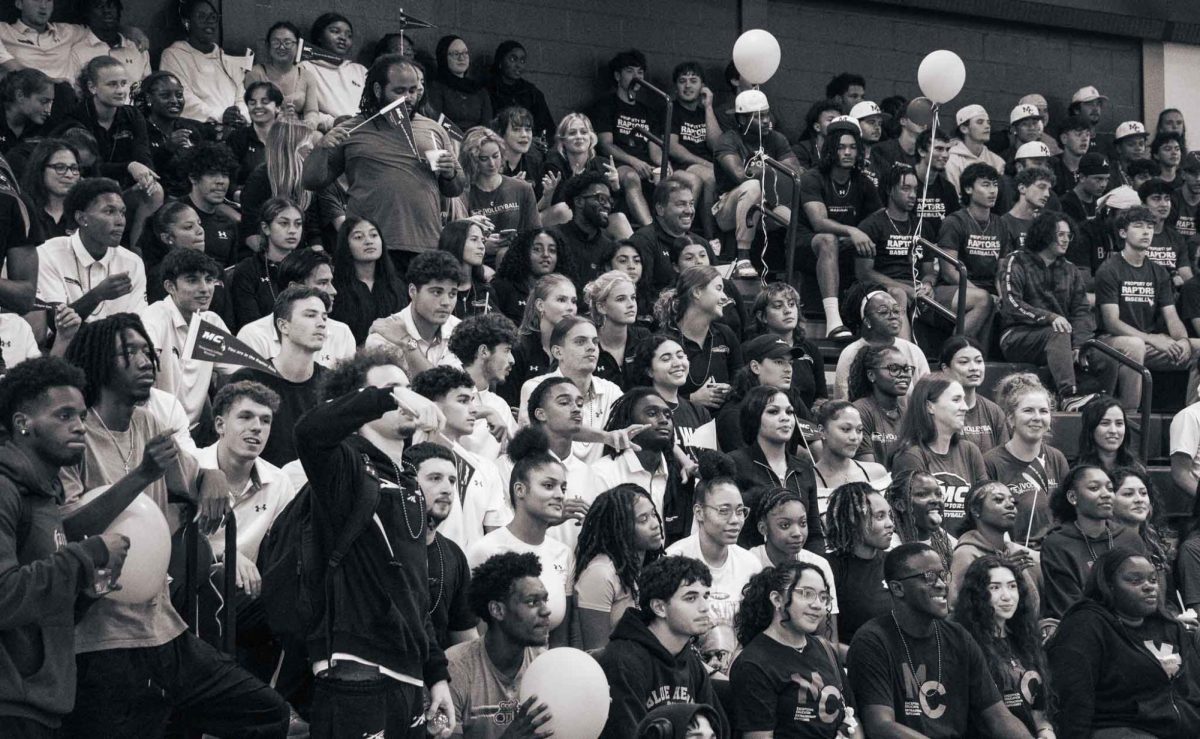
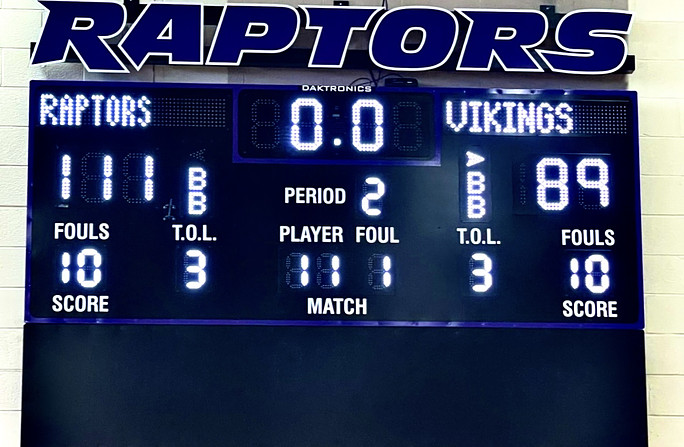

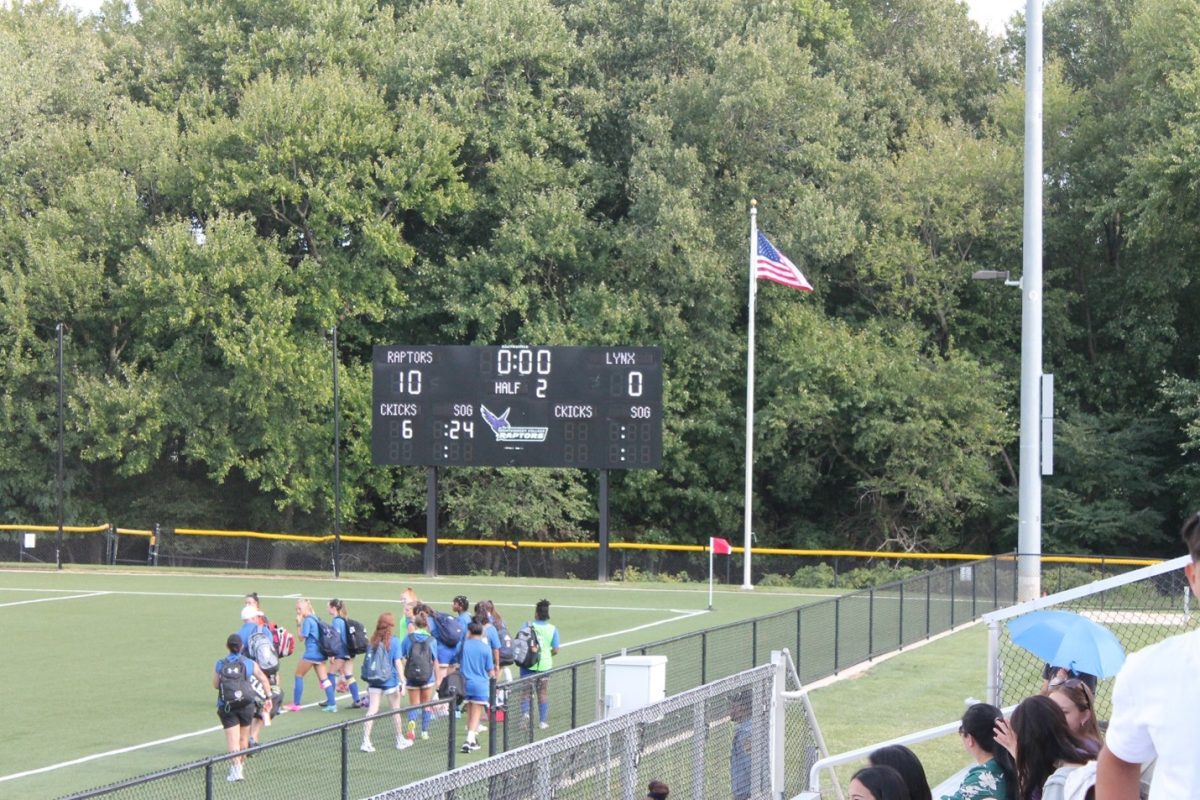

Jay Mac • Feb 17, 2014 at 12:20 am
a mourning period. days to reflect, Holmes. seems to me the provocative thinking question is this: What’s the right number of days to reflect and pay respects after a tragedy? Is it one or two or three or more? it’s certainly not less than one. thanks for the great article.
Thurston • Sep 23, 2013 at 1:23 pm
Nice piece, Ben. I especially liked the question of what a franchise owes the community. Is a moment of silence enough? Good piece.